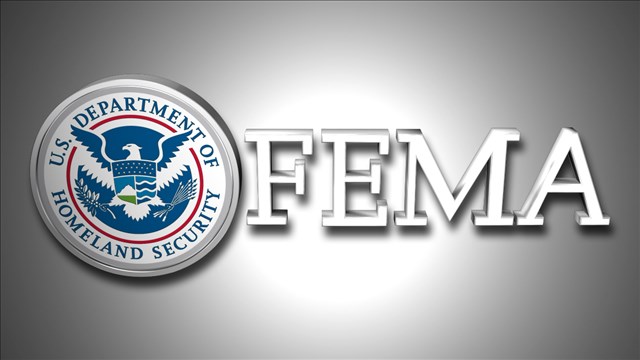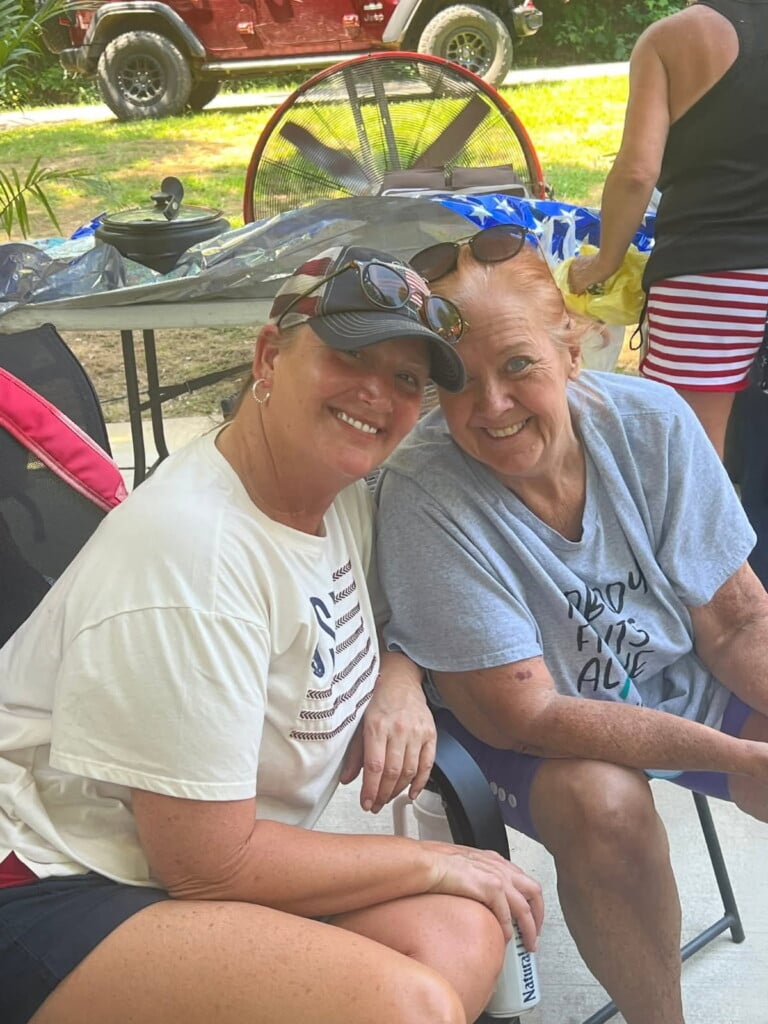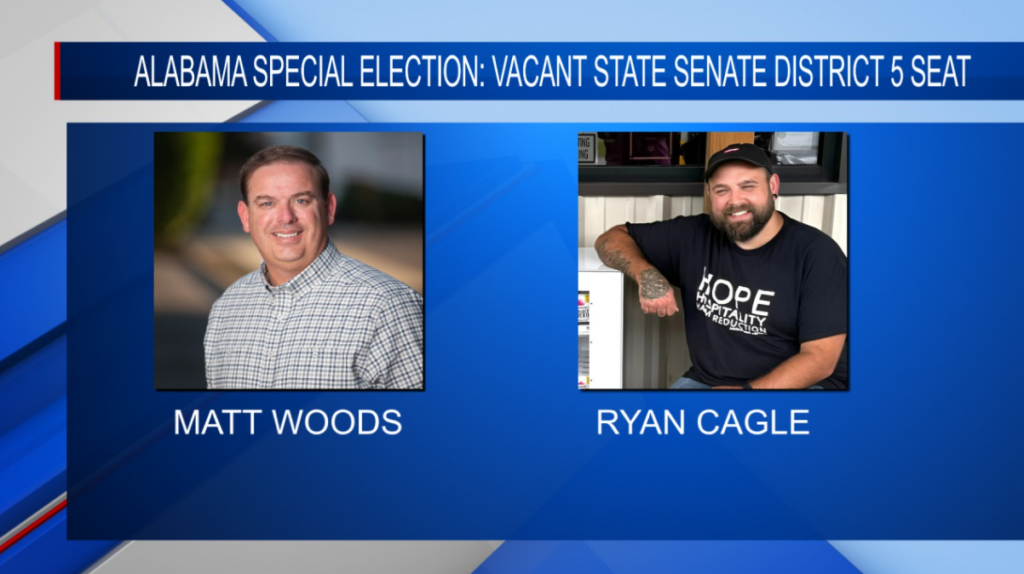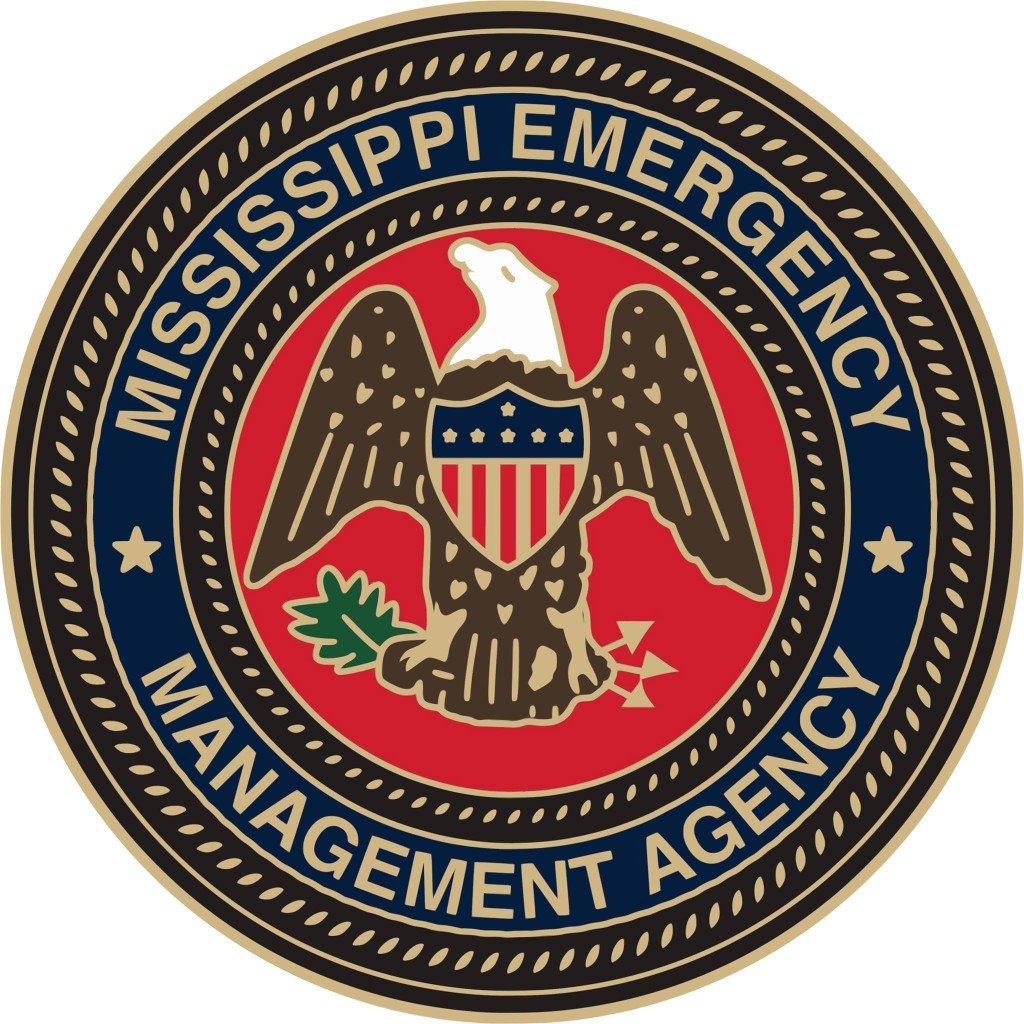Winter weather cripples water systems across the Deep South
JACKSON, Miss. (AP) — A cold snap blanketing the Deep South has upended water systems as local officials struggle to repair widespread leaks and broken pipes, forcing some people to take drastic measures to get by without reliable access to running water.
Breakdowns in infrastructure arose in rapid succession after days of freezing temperatures in areas where extended periods of frigid weather are abnormal.
The water woes are acute in places like Jackson, Mississippi, where the water system partially collapsed in late August and has had repeated weather-related breakdowns. Jackson Mayor Chokwe Antar Lumumba declared a local state of emergency Monday evening as its troubled water system failed to produce adequate pressure because of broken and leaking pipes.
Crews have spent days working to identify leaks, but city officials said pressure remains low or nonexistent.
Tekemia Bennett said she hasn’t had any water since Friday. She and her four children woke up with no water on Christmas day.
“Christmas was very much like the Grinch came it stole it. I could not cook for my children. It was more like we were in survival mode,” Bennett said. “My kids were opening up their gift, but we don’t even have water. I couldn’t even make Christmas dinner.”
People flocked to water distribution sites set up by the city, but the lines were “as long as the eye could see,” Bennett said. She got in line two days in a row before eventually giving up.
Flushing a toilet without any pressure requires large quantities of water, a hot commodity in Jackson. So she began to cover her toilet bowl with plastic bags and trash can liners.
“We are actually defecating in bags and tying them up and throwing them in the trash,” Bennett said. “It feels like I’m living in a village in Africa.”
Throughout the Deep South, hundreds of leaks from broken pipes were draining water towers faster than treatment plants could replenish them.
Selma, Alabama, was on the third day of trying to find leaks and started Monday to shut down major lines and interrupt service to try to isolate where the biggest leaks were happening, Mayor James Perkins Jr. said in a statement.
Water crews in Florence, South Carolina, finally succeeded Tuesday to get the water pressure back up after having to follow just about every water line in the city to find a large, but hidden leak, officials said.
Widespread water problems also continued in Georgia. Officials on Monday began distributing water in Clayton County, a suburb just south of Atlanta after burst pipes caused many customers to lose water on Sunday.
“It’s not a great feeling, and we are sad because, on Christmas, I woke up to make tamales and realized we had no water,” Maria Landeros, a 30-year-resident of Forest Park, told WXIA-TV in Spanish. “This made me cry because I wanted to cook that for my family. Now we’re worried because we don’t know when the water might come back.”
Cars lined up around the corner of the Forest Park police station as city officials gave out 200 cases of water over three hours.
“We’re here to use the water for the most basic needs — for the bathroom. We can hold off on showering, but we want to use the water for the rest. I feel like we went back to 50 or 60 years ago with this happening,” Victor Landeros said.
Water was also being distributed in central Georgia’s Milledgeville, where hundreds of residents have been without water since Sunday because of broken mains. Some residents told WMAZ-TV on Monday that they were carrying water in buckets from ponds and swimming pools to flush toilets.
A number of other areas reported low water pressure and advised residents to boil water, including large swaths of the Atlanta suburbs of DeKalb and Forsyth counties.
Bottled water was being distributed Tuesday in Memphis, Tennessee, where authorities urged people “to limit all non-essential water uses.”
An emergency drought management plan was into place Monday by Memphis Light, Gas and Water that prohibits non-essential water uses such as washing cars while the utility works to find, fix or isolate main breaks and broken water services, it said in a statement. The breaks resulted in a significant loss of pressure to the drinking water system.
The water issues started on Dec. 24 when the utility said it experienced multiple line breaks because of freezing weather and power outages. Memphis Light, Gas and Water, which serves more than 440,000 customers in Memphis and Shelby County, said at the time that all customers should conserve water and boil it as a precaution when using.
In Kentucky, the Meade County Water District asked its 5,000 customers to conserve water. But then it said in a statement that because of the cold temperatures and increased demand, it was unable to keep up and would temporarily cut off service to some areas so that tanks could refill.
Parts of Asheville, North Carolina, were experiencing water outages or were advised to boil water. The city said Tuesday afternoon that a water production facility in the southern part of the city has been unable to produce water since Dec. 24, and the problem has been exacerbated by line breaks because of extremely cold temperatures.
Officials encouraged people across the South to drip faucets during the prolonged cold snap because water moving through pipes is less likely to freeze. But as soon as the temperature rose above 32 degrees Fahrenheit (0 Celsius), they said people need to stop the drip. That thaw also means frozen, broken pipes will suddenly begin leaking.
Water expands when it freezes, bursting pipes that aren’t protected. Then when the temperature rises, those broken pipes start leaking hundreds or thousands of gallons of water.
In Sun Belt cities like Jackson, water systems aren’t standing up to the tumultuous weather. Tens of thousands of Jackson residents in the Mississippi capital were also left without running water for days during a cold snap in 2021, only for the water system to fail again in late August.
Bennett vowed that she won’t be living in the city this time next year.
“I know they say it gets worse before it gets better. But I can’t wait until it gets better no more,” she said.
___
Associated Press journalist Jeffrey Collins in Columbia, South Carolina; Jeff Amy in Atlanta; Rebecca Reynolds in Louisville, Kentucky; and Jonathan Drew in Raleigh, North Carolina, contributed to this report.
For 24/7 news and updates, follow us on Facebook and Twitter




